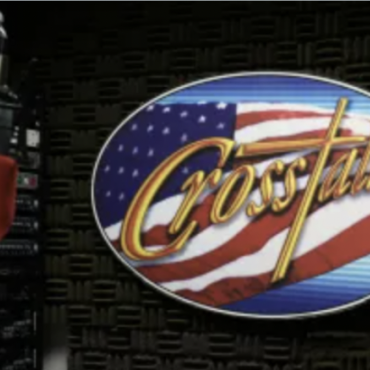On this National Day of Prayer it’s worth noting that the Declaration of Independence made the laws of nature and nature’s God the foundation of our country. It further asserted that people have inalienable rights that are given by God. They are not conferred by civil government. Instead, the task of civil government is to secure those rights.
15 years later the First Amendment to the U.S. Constitution gave a preeminent place to the free exercise of religion and to protect that right by prohibiting any congressional law respecting the establishment of religion.
The concept of setting time aside to pray for America and its leaders originated with our nation’s founders. It was the First Continental Congress which initially declared a national day of prayer in 1775.
In 1863, President Abraham Lincoln signed a proclamation which designated April 30th of that year as a day of national humiliation, fasting and prayer.
Such national observances became more formal and regular. On April 17, 1952, Congress unanimously passed a joint resolution signed by President Harry Truman establishing the annual National Day of Prayer by federal law.
In 1988, the U.S. Senate and House of Representatives amended the 1952 law by passing public law 100-307 to provide for setting aside the first Thursday in May as the day on which the National Day of Prayer was to be celebrated. That act was signed by President Ronald Reagan.
Jim shared President Donald Trump’s proclamation for this year, along with encouraging words from the writings of Lincoln, Leonard Ravenhill, John Bunyan, the Psalms, Isaiah and Daniel. All of this helped Jim make a convincing case for the critical matter of prayer.
Listeners were asked to join in with their comments and you can hear it all on this edition of Crosstalk.

































